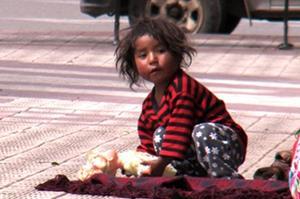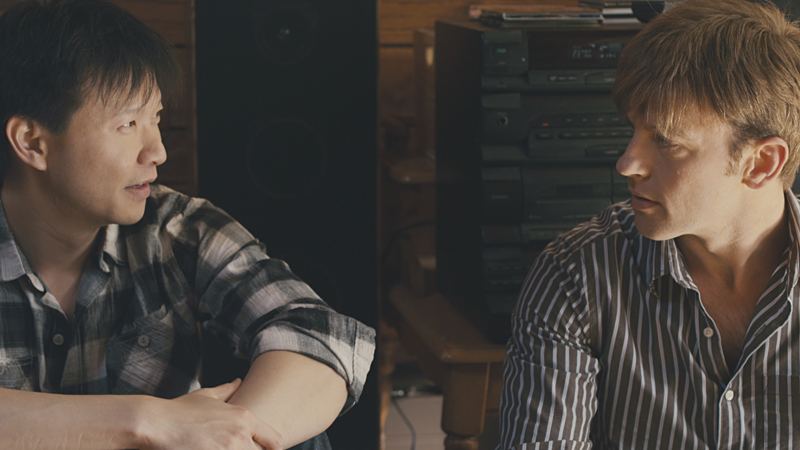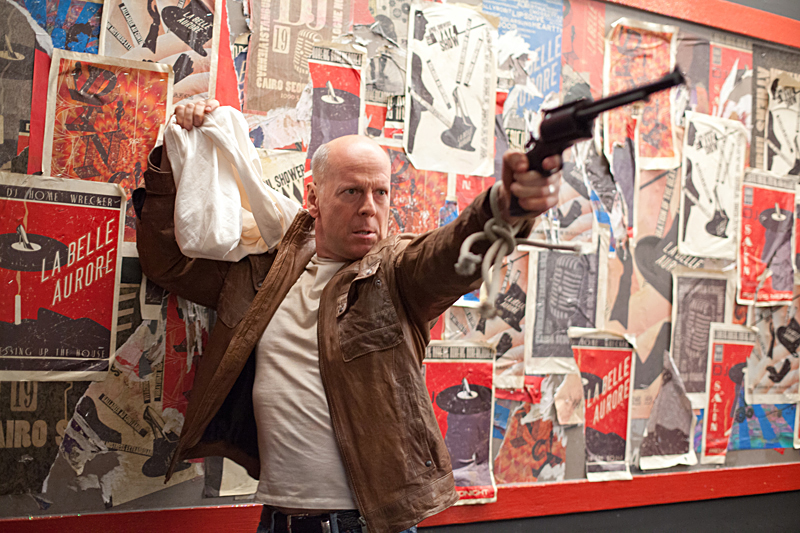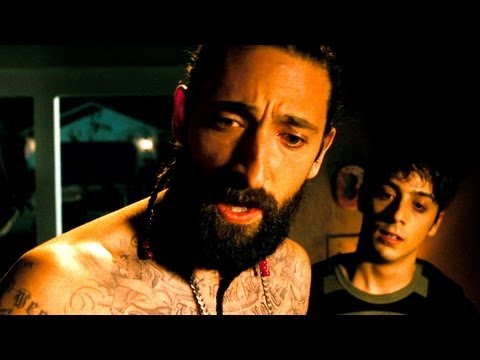“Colonialism is always part of the expansion of capitalism,” opines Bolivian vice president Álvaro García Linera in Philippe Diaz’s devastating, radical critique of the colonialist enterprise as inextricable from the current global economic model. While most state-of-the-world docs are content to map the state of the world and leave it at that, Diaz proposes a historical-analytical framework that posits a direct link between the legacy of colonization and the current unequal distribution of wealth that leaves much of the world’s population in a stunning state of poverty. Drawing on an assembly of academics, politicians, and activists, Diaz traces the history of economic exploitation back to 1492, then shows how the traditional colonial model has been replaced by a far more insidious program of financial dependency in which debt-laden developing nations are forced to make crippling concessions to their creditors, diverting resources away from their suffering citizenry. But for all his film’s sober analysis, Diaz never loses sight of the human cost of global capitalism, traveling to the favelas of Brazil and the shantytowns of Kenya to air the firsthand testimony of those whose impoverishment allows for the unimaginable privilege of a select few.
The End of Poverty?: The Economic Meltdown Is Global








